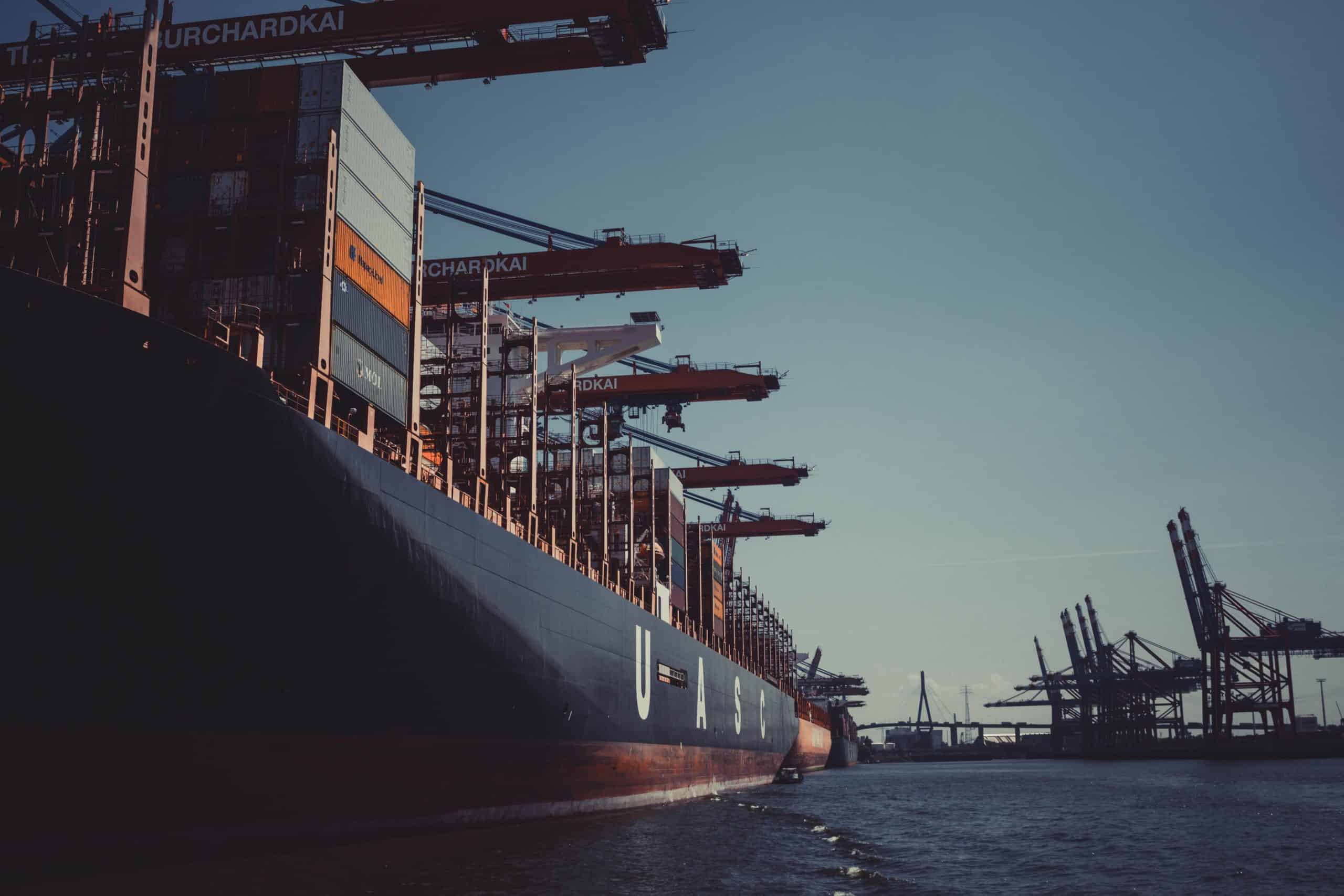
Ships, greenhouse gas emissions and… software enhanced sails?
Sailing meets software development to tackle climate change: Babel looks at the ways in which cargo ships are reverting back to using sails to tackle spiralling greenhouse gas emissions.
Have you ever picked up an item in a shop and wondered how it got there? Whether it’s clothes, food, or petrol, chances are it has been on a ship. In 2019, 11 billion tons of cargo was loaded onto ships, three times more than in 1990. Ships are an integral part of a fragile supply chain… Remember that time a gust of wind caused the Evergiven to get stuck in the Suez Canal?
How does the shipping industry compare when looking at emissions on a global scale?
Ships emit around 3% of global greenhouse gas emissions each year. And with millions of tonnes of goods bought and sold worldwide every day, this is the same amount as Germany or the whole of South America. Businesses and industries are now under global pressure to reduce their impact on the climate, and the shipping sector is no exception. Babel reached out to Dr James Mason, Founder, Via Ventus, for comment about climate change and the ways in which cargo ship operators are tackling spiralling greenhouse gas emissions.
“We can’t ignore the emissions from ships – all sectors and countries need to play their part. To bring emissions down to levels in line with global climate targets, ships require urgent decarbonisation using solutions available in the short-term, such as wind propulsion.”
One option that ships have to tackle their greenhouse gas emissions is a modern revolution of an age-old technology: sails. The approach uses the latest advances in materials science and advanced computational techniques, propelling an old idea into the 21st Century. The sails produce power, which reduces the power required from the ship’s engine and simultaneously reduces emissions.
While researchers in the field show substantial benefits from these new-age sails, ship owners are still reluctant to invest in the technology for various reasons. Financially, the ship owner would pay for the sail, the person chartering it would pay for fuel, meaning the charterer would be the one benefitting – rather than the owner.
Averaged over one year, fuel savings can be substantial, even as much as 10-20%, or more depending on the route and ship type. The range of savings for any one departure is extremely variable as it depends on the wind that a ship experiences on that day.
Sounds interesting…but how does this technology work?
In the face of the urgent climate emergency, innovative ‘green’ satellite navigation technology is being developed using the software development language, Python. Based on the existing idea of weather routing, ships can be redirected into areas of ocean that benefit from increased exposure to wind. New-age sails are able to acquire more power, reducing the workload of the traditional engine, contributing to substantial reductions in emissions.
Historical routing assessments are another critical step towards lowering emissions at sea. They are developed for sail designers to quantify the benefits of new-age sails on routes around the world, and provide a greater degree of confidence for ship owners thinking of investing in these modern sails. The assessments computationally model the performance of any sail design across thousands of departure dates to reliably calculate reductions in emissions; showing potential fuel savings and other benefits to the ship owners.
As investment in low-carbon sails increase, the goods that we purchase in shops – originating overseas – should come with a reduction in carbon footprint, and if less energy is needed to transport goods, a reduced price, right? Perhaps this is wishful thinking.
—
In the 1800s, ships transitioned from sails to steam. Now, in the face of arguably the biggest challenge of a generation, ships need to look at new, and even old ways of harnessing power and technology, so that we as a civilisation can move forward. With advancements in software development and other technologies including satellite navigation – new-age sailing ships might just be the way forward again.
Interested in Greentech? Take a look back at the #BabelTalks webinar, held on 24th June. The event focused on the role of technology in fighting climate change and how Greentech firms can raise their profile among potential customers and investors.





